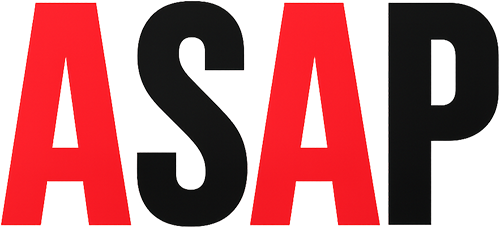仕事を継続していく上で、もちろん自分自身の努力は欠かせません。スキルを磨き、成果を出し続けることは、プロとしての信頼を築く上で基本です。しかし、それだけでは長期的な成功を維持することは難しいでしょう。特にチームやクライアントとの関わりがある場合、相手の成長も同じくらい重要です。
たとえば、クライアントが成功を収めることで信頼関係が深まり、新たな案件につながる可能性が生まれます。また、チームメンバーが成長すれば全体のパフォーマンスが向上し、自分の仕事もよりスムーズに進められるでしょう。相手を支え、成長を後押しする姿勢を持つことは、結果として自分自身の成長にもつながります。互いに高め合う環境を作ることが、継続的な成功の鍵と言えます。
相手が変わって突然仕事がなくなってもいいように、常にクライアントの状況は探っておきましょう。不安視されるクライアントがいるようであれば、それに代わる新しいクライアントを探す努力をしなければ自分がつぶれてしまいます。マンパワーが少ないのであれば、1社に依存する率が高くなるため、マンパワーを大きくするために自分の成長は必須です。
やばそうな会社の特徴としては次のようなものがあります。
離職率が異常に高い
社員が短期間で次々と辞めていく会社は要注意です。これは、過酷な労働環境や社内トラブル、経営方針の問題など、職場環境に深刻な問題がある可能性を示唆します。
経営の透明性が欠如している
会社のビジョンや経営状況、将来の計画が不明瞭で、経営陣が具体的な説明を避ける場合は警戒が必要です。また、支払や契約内容が曖昧な場合もリスクが高いと言えます。
離職率の高さは確実に不安しか生まれません。その会社との付き合いをどうするかを真剣に悩む必要があります。
To sustain your career, your own efforts are, of course, indispensable. Developing your skills and consistently delivering results are fundamental to building trust as a professional. However, maintaining long-term success requires more than just individual effort. Particularly when working with teams or clients, the growth of others is equally important.
For instance, when clients achieve success, it strengthens the relationship and may lead to new opportunities. Similarly, when team members grow, overall performance improves, allowing you to work more efficiently. Supporting and fostering the growth of others not only enhances your environment but also contributes to your personal development. Creating a mutually uplifting environment is key to sustainable success.
At the same time, it’s essential to stay aware of your clients’ situations to prepare for unexpected changes. If a client seems unreliable or uncertain, seek new clients proactively to avoid putting yourself at risk. For those with limited manpower, reliance on a single client becomes more critical. To mitigate this risk, expanding your capabilities and growing individually is essential.
As for identifying “problematic” companies, here are some key traits to watch out for:
- High Employee Turnover Rate
Companies where employees frequently leave in a short period may have underlying issues, such as harsh work environments, internal conflicts, or flawed management strategies. - Lack of Transparency in Management
If the company’s vision, financial status, or future plans are unclear and management avoids providing concrete explanations, it’s a red flag. Ambiguous payroll practices or contract terms also pose significant risks. - Toxic Work Environment
A workplace characterized by strained relationships, lack of greetings, or pervasive negativity can reflect poor morale. High turnover due to these issues is particularly concerning.
A high turnover rate, in particular, can cause significant anxiety and necessitates careful consideration of your association with such a company.
株式会社ASAP

